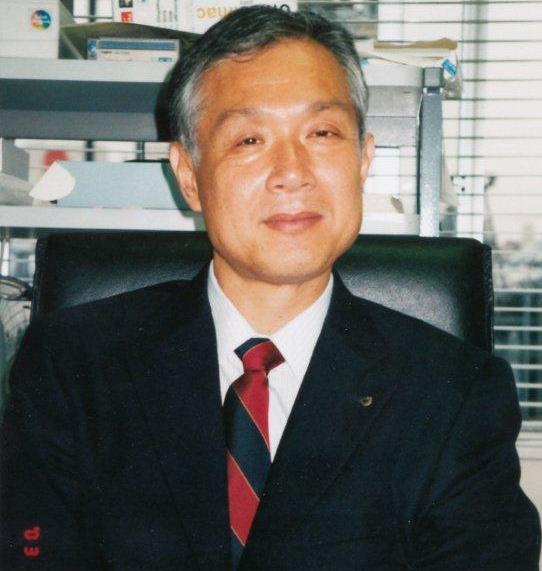Slacklining Improves Functional Independence, Fatigue and Balance 2 Years Post Severe Traumatic Brain Injury: A Single Case Study
Author(s): Charles Philip Gabe, Luis Santos, Denise Krklec, E-Liisa Laakso, Markus Melloh, Sébastien Mateo
Objective: Individuals with traumatic brain injury (TBI) recover functional independence to varying degrees due to numerous factors. However, plateaued recovery often initiates between 6-12 months. We investigated whether introducing slacklining, a whole-body interactive balance approach, would provide further improvement in a chronic severe-TBI patient.
Methods: A retrospective pragmatic single case-report on a 40-year-old woman two-years post severe-TBI working part-time. Global-functional status had plateaued with ongoing affected balance, left-sided weakness, and fatigue. Slacklining was added to an existing daily multi-disciplinary, self-managed rehabilitation program initially ‘ad-hoc’ and self-managed over nine weeks (Phase-1); then formalized therapist-directed over four weeks (Phase-2). The primary outcome was global-functional status; secondary was the 4-stage 20-step slackline graded-progression, and fatigue; tertiary was balance. All outcomes were reported at slacklining initiation (baseline) and Phase-1 and Phase-2 completion.
Findings/ Results: Improvements were found from baseline till Phase-1 completion, and subsequently Phase-2 completion. Global-functional status increased 15% in Phase-1 (baseline=22% to completion=37%); and 18% in Phase-2 (completion=55%); slackline ability from baseline=step-1 to Phase-1 completion=step-6 then Phase-2 completion=step-10; balance duration increased 1.5-fold in Phase-1 and 3-6-fold in Phase-2; and fatigue reduced 22% overall baseline=63% to Phase-2=41% (no Phase-1 measure). Balance, confidence, and function were all self-reported as improved from baseline to program completion.
Conclusions: The findings provide evidence for using slacklining to overcome plateaued recovery during rehabilitation of a severe-TBI patient; and imply that supervised programs have greater


 Impact Factor: * 5.3
Impact Factor: * 5.3 Acceptance Rate: 75.63%
Acceptance Rate: 75.63%  Time to first decision: 10.4 days
Time to first decision: 10.4 days  Time from article received to acceptance: 2-3 weeks
Time from article received to acceptance: 2-3 weeks 
